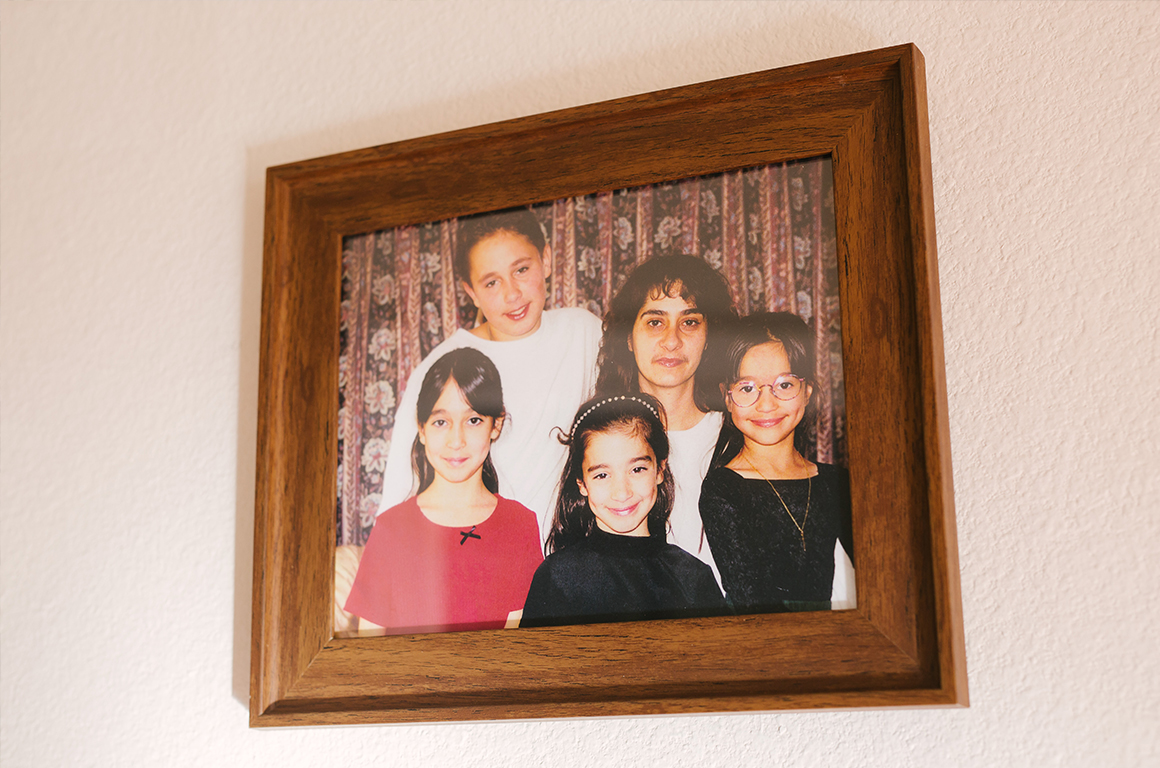ACLU Urges Supreme Court to Hold Police Accountable for Enforcing Restraining Orders
FOR IMMEDIATE RELEASE
Contact: media@aclu.org
WASHINGTON, DC-The Supreme Court heard oral arguments today in a case that will determine whether local governments and police departments can be held accountable for failing to enforce court orders to protect victims from a violent spouse or acquaintance. The case stems from a lawsuit filed by Jessica Gonzales in 2000, which charged that the Castle Rock, Colorado police refused to enforce a restraining order against her estranged husband, who kidnapped and murdered their three young daughters.
“This case illustrates the critical need for police enforcement of domestic violence orders of protection,” said Lenora Lapidus, Director of the American Civil Liberties Union Women’s Rights Project, which filed a friend-of-the-court brief on Gonzales’ behalf. “Without systems of accountability in place, women and children are subjected to the whims of local police departments and may suffer grievous harm from their abusers.”
In 1999, a court granted Jessica Gonzales a protective order barring her estranged husband, Simon, from contact with her and her three daughters, ages seven, nine and ten. Under Colorado state law, police were required to enforce the court order by arresting her husband if he violated the order. A month after the order was issued, Simon abducted the girls. Gonzales made numerous calls to the police after learning her husband had taken the girls and informed them that the restraining order had been violated. However, the police refused to take any action to find her daughters or arrest her husband. Even after Gonzales had made contact with her husband who told her he was with the children at a local amusement park, the police failed to take action to apprehend her husband and return the children. Later that night, Simon Gonzales drove up to the police station and opened fire with a gun he had purchased that same day. After shooting and killing Mr. Gonzales, police officers searched his truck and discovered the bodies of his three daughters whom he had murdered.
The ACLU coordinated nine friend-of-the-court briefs on Gonzales’ behalf, which were signed by 113 organizations, two former federal judges and a former Colorado state representative. The briefs represent a diverse array of groups that strongly believe that law enforcement must be held responsible for enforcing restraining orders. The groups include the National Network to End Domestic Violence, National Coalition Against Domestic Violence, National Center for Victims of Crime, National Black Police Association, Women in Law Enforcement, National Center for Women & Policing, and AARP.
The groups argue that an individual’s constitutional right to due process is violated if a police department fails to enforce an order of protection without meaningful consideration or explanation. The groups also say that such orders are meaningless if a woman cannot count on police protection.
Attorneys for Castle Rock have argued that the Supreme Court’s ruling in 1989 in DeShaney v. Winnebago County established that the Due Process Clause does not require police to protect people from harm inflicted by a third-party. However, the ACLU noted that DeShaney was a substantive due process claim whereas Gonzales’ case makes a procedural due process claim, and thus the DeShaney ruling does not apply. Furthermore, in DeShaney, the Court rejected the argument that the Due Process Clause imposes a general, affirmative obligation on the government to protect the life, liberty and property of its citizens from the actions of third parties, but it did not consider a situation like Gonzales’, in which a court determined that a specific person was at risk of danger from another specific person and issued an order ensuring that that person be protected.
Other briefs submitted on behalf of Gonzales include a brief by law enforcement groups who say that many police departments already have policies in place that dictate how officers respond to calls on restraining order violations, and that such policies help avert tragedies like the Gonzales case.
For a copy of the ACLU’s brief and information on other upcoming Supreme Court cases, go to: /supremecourt.
For copies of additional briefs filed in Castle Rock, Colorado v. Gonzales, go to: /womensrights/relatedinformation_legislative_documents.html.
For a Q&A with Jessica Gonzales, go to: /node/22335.
Stay Informed
Every month, you'll receive regular roundups of the most important civil rights and civil liberties developments. Remember: a well-informed citizenry is the best defense against tyranny.
